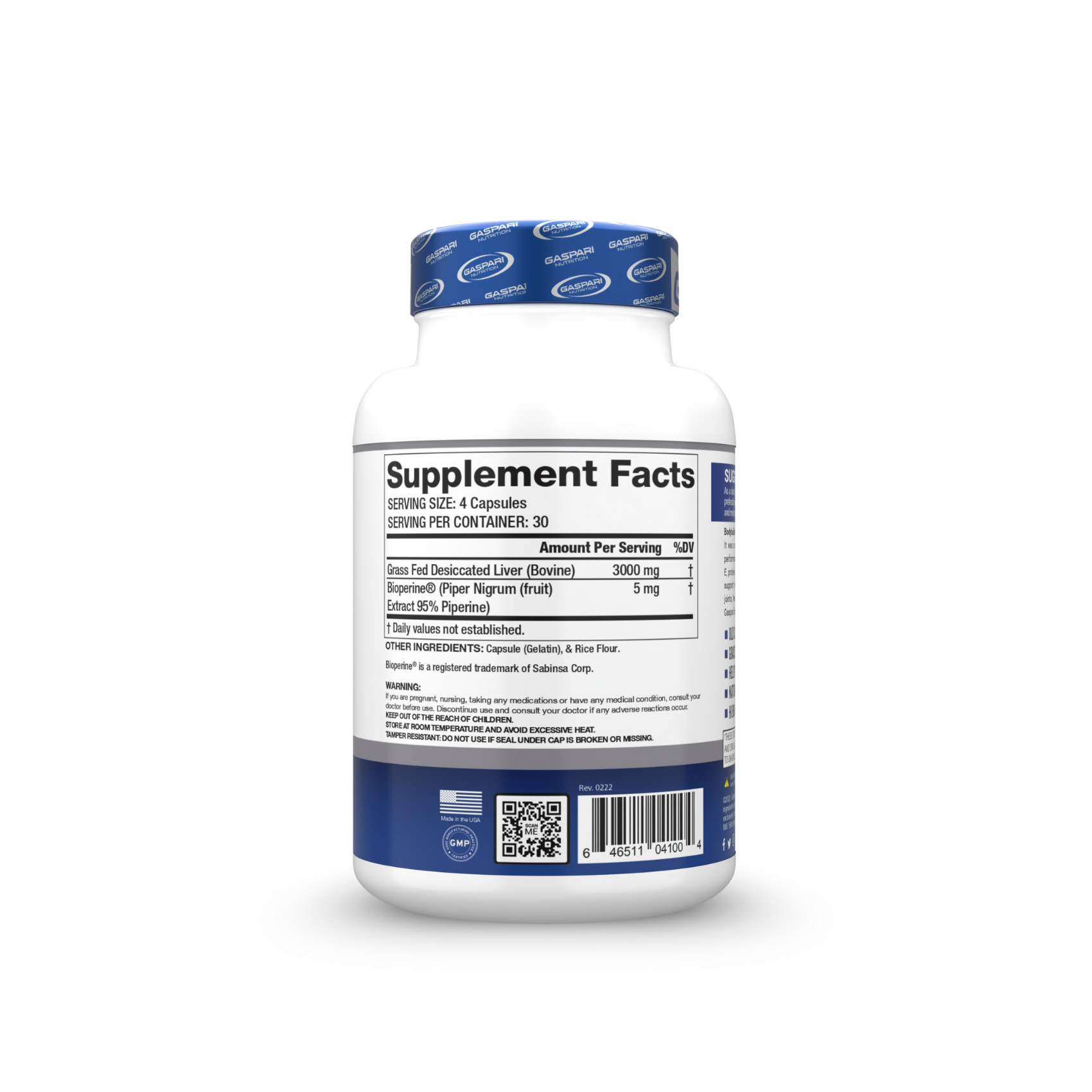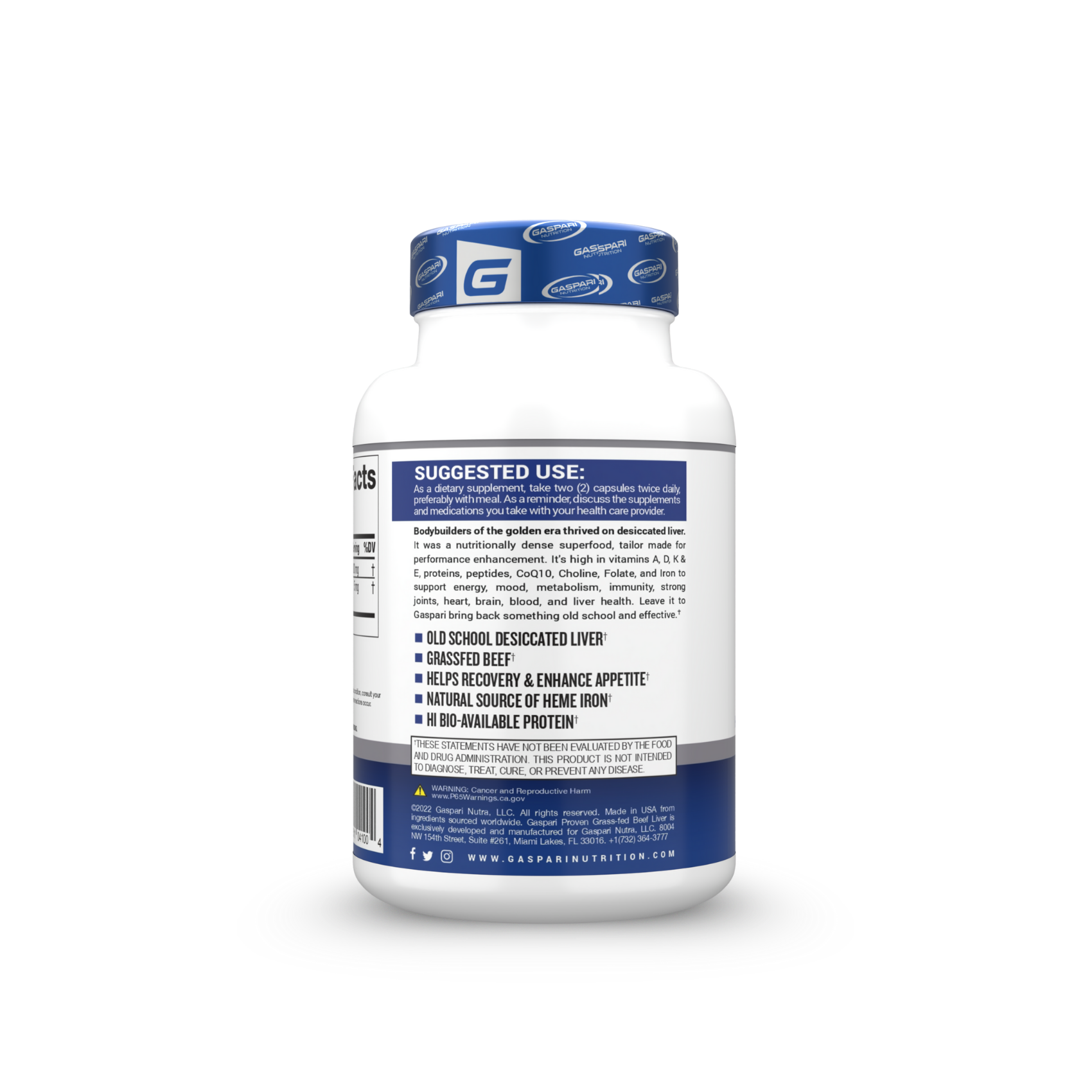Anyone who has dieted or has a weight loss goal will know the scenario: You have been reducing your calories for a while, working hard to meet your goals, and then you get presented with decadent treats. Overeating happens. Sometimes, you go off the rails with your cheat meal. Sometimes, you’re on vacation and just don’t realize how much all that snacking adds up in 24 hours.
You might be wondering how much fat you are going to gain from this uninhibited binge. Don’t freak out. You haven’t ruined your efforts.
The truth is that one massive cheat meal or a day of gluttony is not going to cost you as much as you think.
Here is a complete breakdown using science to show you how much fat you can potentially gain from all of that food and what you can do to lessen the impact. Let’s get started.
What Happens When Your Cheat Meal Goes Wrong
According to science, a single pound of fat is made up of 3,500 calories. It makes sense assuming that eating an additional 3,500 calories in one day means you gain 1 pound of fat overnight, right?
Wrong.
Before getting into the science, I want to remind you that there is no single food choice or day that is going to wipe your efforts clean. Sure, you might end up putting on some weight if you repeatedly cheat and binge, but even if you’ve been derailed, the damage is not irreversible. You did it once, right?
The truth is that one day is never enough to make you gain weight. It takes multiple days of excess calories to increase your body fat to the point of gaining a pound. That is the same reason why you cannot drop a pound every single day.
However, you might see the numbers on the scale rise after a night of binge eating for another reason, known as water retention, or bloat.
Fat Weight vs. Water Weight
You probably have heard that bloat is your enemy. Bloat can skew your perception of how you look, how much weight you have gained, and how you feel. Fat and muscle take a while to gain, but the fluid levels in our bodies fluctuate rapidly throughout the day. When you gain water weight, it is because the cells in your body have sucked in an excess of water. This can occur when you have overloaded your system by glutting on sugar, salt, in addition to environmental factors.
Carbohydrates are often to blame for water retention, though. This makes sense since most cheat meals are carb-heavy. Pizza, burritos, fries, donuts, cookies…all of these are loaded with carbs. Since carbohydrates are stored in the liver and muscles, the body uses water as well. For every gram of glycogen taken into the liver and muscles, the body needs 3-4 grams of water. That means 400 grams of carbs stored adds an additional 1200-1600 grams of water—or a whopping 4 pounds.
When you consider the influx of carbohydrates, water, and sodium (another factor in water retention), it shouldn’t be surprising that your water weight might bump the scale up 5-10 pounds overnight.
Therefore, if you have found you gained some weight throughout the week but didn’t change much about your diet and physical activity, it might not be actual weight gain. It might just be bloat.
But What If I Ate A LOT of Food?
Many studies related to cheat meals and binge eating look at people consuming about 1,000-1,500 calories over their maintenance level. All things considered, that is not a real binge, is it? Especially if you are someone who routinely programs cheat meals into their life and who exercises vigorously throughout the week.
So, what happens when you really go crazy and instead of consuming an additional 1,000 calories, you guzzle down a huge milkshake, eat a whole pizza, a bag of chips, and a package of Swedish Fish? That’s more like an additional 5,000 calories, if not more.
What happens then?
Well, let’s look at a real-world scenario. During the holidays, like Thanksgiving, Christmas, Chinese New Years, and Easter, people become hedonists and consume food like crazy. Despite these months of endless wining and dining, research has found that most people only gain about one pound during the holidays. This is especially true if all they are doing differently is eating more than usual.
But we will come back to this later because we need to discuss the science first.
Does One Cheat Day Ruin Your Progress?
Based on what we know about health, fitness, and science, the whole premise of eating calories and gaining weight is much more intricate than the balancing act of calories in versus calories out. There is a whole world of biochemistry that we need to explore in order to make sense of it all. But there are some things we know for certain:
- The amount of fat you can potentially gain in a single day is dependent on several factors. These include your activity level, metabolism, body fat percentage, genetic make-up, physical condition, stored glycogen, and the quality of the food you are eating.
- The more lean body mass you have, the more efficient your body is at utilizing excess calories.
- Not every calorie is going to be absorbed.
- The body uses macronutrients in different ways.
- You burn calories during digestion.
This means that the shortest answer to the question of whether a cheat day will ruin your progress is no, not really.
Let’s look at the science behind weight gain and why you don’t have to worry (much).
The Quality of Food Makes a Difference
One of the most important factors in cheat meals and overeating to consider is the quality of the foods you are eating. Research has hinted that clean eating will not cause as much weight gain as bingeing on sugary, oily, and fried food. Processed foods are also much more insidious when it comes to weight gain. One study reported that participants who ate clean, wholesome foods gained less weight than those who ate highly processed food.
This is common knowledge, but it still is often overlooked. So, I will say it again: eating an entire cake is going to have a different effect on your body than having a cheat meal of sushi rolls and whole grain bread.
The quality of the foods you are consuming when you binge is going to change everything about the weight you potentially gain. A few studies have suggested that saturated fats and processed carbs result in more fat storage than a diet rich in complex carbohydrates and unsaturated fats.
Another interesting finding is that those who overeat protein will potentially see increased lean mass instead of fat gain. A recent study that lasted an entire month found that eating 1,000 calories comprised of 20% protein resulted in less fat gain than if those extra 1,000 calories were composed of 10-14% protein instead.
You Burn Calories When Digesting Food
Did you ever eat a heaping bowl of food then break out in a sweat? Whenever you consume food, your body has to expend some stored energy to break that food down into usable components. This process is known as the thermic effect of food (TEF).
Studies have proven that the thermic effect of food accounts for about 10% of your total daily energy expenditure (TDEE). Think of it this way, if you eat 100 calories, your body burns ten calories during digestion. However, some foods, particularly spicy food, will boost the body’s TEF.
Of course, how much your metabolism increases depends on some factors. The size of the meal and the macronutrients involved come into play, as well. The smaller the meal, the less energy your body has to use to break it down. Humongous intakes of food, on the other hand, will tax the system more.
Some macronutrients require more energy to breakdown too. Protein has the highest TEF at around 30%. Carbohydrates run around 5-10%. Lastly, fats are the easiest for the body to digest and have a TEF of 0-3%.
This means that if you consume meals high in protein and carbohydrates, you are going to burn more calories during digestion. The reason is that the thermic effect of food is higher for those macronutrients than it is for fat.
Going back to the earlier example of 100 calories resulting in 10 calories burned from the TEF. If you eat more protein than carbs and fat, you might end up burning 15-20 calories instead.
You Don’t Store Every Macronutrient The Same Way
Aside from the thermal effect of food, you need to consider the number of calories present in each gram of a specific macronutrient. You also need to think about how the body deals with carbohydrates, protein, and fat.
Here is a quick reminder of what every macronutrient does for the body:
- Protein is used less for energy and more for the repair, regenerating, and construction of cells, hormones, and dozens of other molecules within our bodies. Any excess protein is often burned as fuel by the liver or excreted through urine. Because protein is such a valuable resource, it is rarely converted into body fat.
- Carbohydrates are commonly stored within the body as glycogen or immediately used as energy among various organ systems and processes. If you are not overeating carbohydrates routinely, you don’t have to worry much about them being converted into fat. It is only when you are not burning off the energy that carbs become a problem.
- Fat has a structure similar to what is stored within body fat cells, also known as adipose tissue. Because of this, the body wants to store fat within these cells instead of using them for energy.
It is worth repeating: Eating too much of anyone macronutrient will result in weight gain.
Yet, you gain fat differently, depending on the macronutrient.
Carbohydrates and fats are not comprised of the same molecules, and so the way your body gains fat because of them is different. The body stores fat as triglycerides, which are dissimilar to glucose and glycogen in form and function. When the body wants to convert carbohydrates into fat, it must undergo a labor-intensive process called de novo lipogenesis (DNL).
DNL will only happen, though, if you spend several days gorging on carbohydrates. That means about a week of an extra 1,000 grams or more of carbs above maintenance level.
And even if you somehow managed to do that, the body is efficient. Whenever you consume carbohydrates, about 15-25% of those carbs is lost during conversion into energy and fat. This means that when you eat 100 calories of carbs, you lose some during digestion. You lose even more during DNL, resulting in about 75 carbs of body fat, which is not a lot, all things considered.
On the other hand, there are some negative consequences that make overloading on carbs unappealing. The more carbohydrates you consume and burn for energy, the less your body burns fat for energy.
Your body starts storing the dietary fat you consume as body fat immediately rather than converting it to an energy source.
To put it more simply: The more carbs you eat, the more fat you store.
While on the subject of carbohydrates and fat-burning, we should also consider what happens when you drink alcohol. Since the body burns off alcohol immediately, because it cannot store it, you never have to worry about storing alcohol as fat, regardless of calories. Unfortunately, alcohol does shut down fat burning the way excessive consumption does. So if you are drinking a lot of alcohol, you are hindering your body’s ability to burn off fat. That is why so many people gain weight when they start drinking alcohol regularly.
You Don’t Absorb Every Single Calorie
You may have noticed in previous sections that the calories you consume are not always digested. There is a reason for this. Many foods, namely the ones that are high in dietary fiber, such as whole grains, seeds, nuts, and various vegetables, cannot be entirely broken down. Additionally, high fiber foods increase satiety and disrupt fat absorption. Since the body cannot take in fat when fiber is present, more fat gets excreted from the body.
But does that mean that you can negate the calories from a cheat day by loading up on fiber?
Sorry. That would be a no.
The body knows what it is doing when it starts extracting calories. Although calories from fiber cannot be counted, you cannot rely on fiber alone to prevent caloric absorption. Still, that doesn’t mean you should ignore fiber to increase motility and help with bloat.
Eat More, Move More
Did you ever notice that some people are naturally more active throughout the day or have faster metabolisms than others? Research has looked at innately fast metabolisms recently and found something interesting.
Studies found that there are some people who subconsciously sense when they have overeaten and will move more to compensate, adding up to an additional 700-calories expended per day. Crazy, right?
This means that some people are wired to burn off 1,000 calories or more through moving around, tapping their feet, bouncing their legs, fidgeting, and so on. Activities like these raise what is called “non-exercise activity thermogenesis (NEAT).”
NEAT varies between individuals. No two people have the same amount of NEAT. This means that one person who overeats might burn fewer calories while another person will burn almost everything off. Women usually have less NEAT then men after bingeing, but again, there are contributing factors to NEAT.
Not everyone will respond to overeating the same way, but that doesn’t mean you shouldn’t take advantage of NEAT. Even if you only expend any extra 300 calories a day bouncing your feet to your own drumbeat, it can be significant after overeating.
So How Much Can You Really Gain In One Day?
Looking at all of this overall, we can ask the question: Will eating 3,500 calories more than my maintenance calories lead to a pound of fat?
If you have a normal system and your glycogen stores are depleted from either physical activity or dieting, you will store almost all of the carbs you eat. Next, if you are reasonably fit and are not considered overweight, science claims that 60% of the weight you gain will be body fat.
So if you decided to eat 3,500 calories over maintenance level (the level where calories in equals calories out), hypothetically speaking you might be eating anywhere from 5,500–6,300 calories or more. Breaking down that extra 3,500 calories, you might consume around 2,100 calories in carbs, 500 calories from protein, and 900 calories from fat (using a 60/15/25 breakdown for macros).
Without compensating with additional physical activity, 90% of those 2,100 calories from carbs would be stored as glycogen in your body, so about 200 calories (50 grams) remain. When you consider the protein and fat calories that remain, that would equal about 1,600-1,700 calories remaining for weight gain.
Your body might decide to store more those calories, subtracting an additional 1,000 calories or so to become fat. That means you would potentially gain 0.3-0.5 pounds of fat.
That’s it. A third or half a pound of fat is no big deal.
With all this in mind, this doesn’t automatically give you clearance to binge like mad all the time. It is just peace of mind to show that a cheat meal can be justified and even burned off with no real effort on your part.
Tips For Getting Over a Binge or Overeating
Once you have come to terms with overeating, you need to start working yourself back to normalcy. Understand that while you cannot go back in time to retract that overwhelming meal (or meals), you can do things starting right now that will help get you back on track. Don’t let a mistake dampen your mood or keep you from feeling motivated. Remember, you had a good time while you ate that cheat meal. It’s okay to have fun once in a while!
Here are some tips to help you get over the post-binge blues and get you back on your feet:
1. Drink Water
As mentioned earlier, when you devour tons of food, you are bound to bloat a little bit. That doesn’t mean you should stop drinking water. You need to flush out your system. By staying hydrated, you prevent your body from holding onto excess fluids. That will balance your hormones, improve digestion, and even aid with appetite suppression.
2. Sleep It Off
Sometimes you will binge because you are sleep deprived. Research has churned out dozens of reports that explain how lack of sleep is connected to increased appetite and lowered inhibitions. In other words, you will not only consume more food, but you will be reaching for less than ideal options.
A study with 1,024 participants looked at the effects of sleeping less than 8 hours a night. It was found that the less sleep you got, the more ghrelin the body produced. Leptin, a hunger suppressant, also decreased.
After an unplanned binge or a cheat meal, try to get to bed and get in a full night’s rest to help your body digest and adjust your hormone levels. You will have a fresh start in the morning.
3. Decrease Bloat
Aside from water, you should load up on fiber after overeating. Of course, you need to choose the right kind of fiber. Anything too hard to digest will only add discomfort. Opt for fruits and vegetables that are high in potassium, calcium, and magnesium. Try battling bloat with spinach, lemon, celery, watermelon, pineapple, kombucha, salmon, and avocado.
Also, you should cut out any carbonated beverages and chewing gum, since these items can increase the amount of air in your stomach and make you feel worse.
4. Balance Electrolytes
Decrease your sugar and salt intake the day after your cheat meal or binge. Instead, ramp up your calcium, magnesium, and potassium consumption. If you had a salty and sugary cheat meal, your system will be struggling to process all that without the right minerals, which can also lead to bloat and digestive stress. Electrolytes will help you find balance again.
Pumpkin seeds, spinach, kale, yogurt, legumes, bananas, tofu, sunflower seeds, quinoa, and fatty fish are all winners.
5. Get Some Exercise
First off, you should never punish yourself with exercise after a cheat meal gone wild or a binge. Exercise should never be used to counteract a dietary mistake because that can lead to disordered thinking and will make exercise less appealing to you. It is never healthy to shame eating habits or mistakes, nor is it right to think of exercise as punishment.
That said, exercise is a wonderful tool for helping you work through any sour emotions about overeating and will also deliver oxygen to the digestive system. Doing so will defeat the post-binge “blah” state. However, you don’t want to go too crazy. After eating, try to work in about 30 minutes of low-intensity cardio, such as a quick walk, jog, or some light cardio.
6. Do Yoga
Yoga is not just exercise. It is a complementary therapy that is associated with many health benefits, ranging from reduced pain and migraines to improved sleep and digestion. Yoga also promotes healthier eating habits since it can help improve your mood and mindset. Studies also found that yoga will reduce cortisol levels, which have been tied to weight gain and erratic eating patterns.
7. Don’t Skip Meals
Skipping meals will slow your progress, even after overeating. In fact, if you skip meals, you will find that your cravings come back twice as strong, and that increases the likelihood of bingeing once again.
One study looked at 14 women who ate three meals a day instead of two. Throughout the day, the women who ate more had more efficient fat-burning and fullness than those who deprived themselves. Moreover, a second study of 15 individuals found that spreading out daily calories over three meals instead of one had decreased levels of ghrelin and had better insulin response than those who glutted calories all at once.
8. Get More Protein
After you have eaten a whole lot, one way to help regain balance in your life is to consume more protein. Foods rich in protein will regulate hunger and promote satiety. Furthermore, protein has been found to impact the levels of ghrelin, the hunger hormone. Studies have reported that eating a protein-rich meal will reduce the levels of ghrelin in your system much better than carb-rich meals.
Get yourself back on track with added protein the day after your binge. You will feel fuller for longer, so you can eat less; but again, don’t skip meals.
Getting Back On Track
The bottom line is this: a cheat meal or a huge binge is going to result in some weight gain, but it is not always fat, and it isn’t going to ruin your physique.
Of course, how much fat you gain from your bingeing depends entirely on how often you do it and how much extra calories you are consuming. Although it is impossible to provide an accurate amount of how much fat you gain from overeating, you can say that for every 1,000 calories above maintenance level, you gain about 1/5 a pound of body fat. The worst-case scenario is that eating high amounts of fat alongside alcohol could result in 1-2 pounds of fat gained in a single day, but this is not typical. You should not rule out bloating.
One day of bingeing is not going to ruin you. If you overate, then the next thing you should do is focus on staying hydrating, eating wholesome and nutritious food, and staying motivated in the gym.
Did you enjoy this article? Want more fitness and nutrition articles? Then check out our Facebook page and click that follow button. You’ll get updates right on your newsfeed.
Frequently Asked Questions
How much fat can you actually gain from one day of overeating?
Most people gain far less fat than they think. Even a very high-calorie day usually leads to only a small amount of real fat gain because much of the weight comes from water, sodium, carbs, and food volume.
Why does my weight jump so much the day after binge eating?
The sudden increase is mostly water retention and stored carbohydrates, not body fat. High salt, sugar, and large meals pull more water into your tissues, which can add several pounds overnight.
How many extra calories does it take to gain one pound of fat?
It takes roughly 3,500 calories over your normal daily needs to gain a pound of fat. Most binge days do not exceed that amount in stored fat because your body also burns extra calories through digestion and heat.
Can one binge day ruin my progress?
No, one binge day does not undo weeks of consistent training and healthy eating. The temporary weight gain usually drops within a few days once you return to normal habits.
What should I do the day after binge eating?
Hydrate well, eat balanced meals, and return to your normal routine. Light movement, strength training, and high-protein meals help your body regulate quickly and reduce water retention.
The post How Much Fat Can You Gain in One Day of Bingeing? appeared first on Gaspari Nutrition.























































































Share:
The Hidden Power Of Power Cleans
What Are The Benefits Of Isolation Exercises?